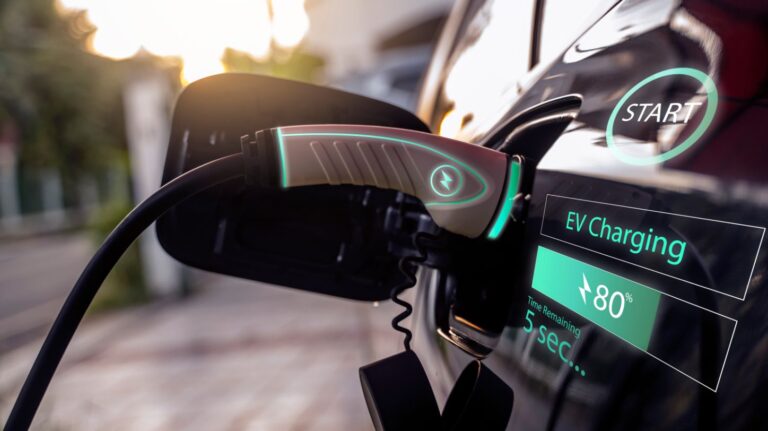A House of Lords committee report, published today [06 Februrary], has warned that the UK government needs to do more if the country is to transition to electric vehicles (EVs) in time to meet net zero targets.
In its report, EV strategy: rapid recharge needed, the Environment and Climate Change Committee warned that a combination of higher purchase costs, insufficient charging infrastructure and mixed messaging risks people not adopting EV cars.
Whilst welcoming the ZEV mandate on manufacturers, recent investment in the UK car manufacturing industry and initial support for local authorities, including the Local Electric Vehicle Infrastructure (LEVI) fund, the report calls on the government to act much faster.
This includes tackling the disparity in upfront costs between EVs and petrol and diesel cars and looking at targeted grants to incentivise the purchase of new electric cars.
READ MORE: UK EV chargepoint rollout to be accelerated following new package of measures
After taking evidence from a wide range of witnesses and hearing from young people from across the UK, through its Youth Engagement Programme, the committee also calls on the government to instil confidence in consumers by:
- exploring options to incentivise second hand electric car sales, including developing a ‘battery health standard’
- reforming road tax to give a clear steer on future motoring costs
- equalising VAT for charging by reducing the 20% VAT rate applied to public charging, to 5% in line with domestic electricity
- communicating a positive vision of the EV transition to consumers, and promoting comprehensive, clear and accurate information
The committee has also called on the government to accelerate the rollout of the UK’s charging infrastructure by:
- extending Local Electric Vehicle Infrastructure (LEVI) funding for another three years
- consulting on offering a ‘right to charge’ for tenants and leaseholders in multi-occupancy buildings
- reviewing planning regulation to ensure that the rollout of EV infrastructure is not unduly delayed by out-dated regulation
- consulting on mandating workplaces with designated car parking spaces to install EV chargepoints
Furthermore, the committee has called on the government to support industry by further enhancing UK manufacturing and battery innovation, and accelerating investment in UK vehicle and battery recycling facilities.
Baroness Parminter, chair of the inquiry, said: “Surface transport is the UK’s highest emitting sector for CO2, with passenger cars responsible for over half those emissions.
“The evidence we received shows the government must do more – and quickly – to get people to adopt EVs.
“If it fails to heed our recommendations the UK won’t reap the significant benefits of better air quality and will lag in the slow lane for tackling climate change.”
The inquiry was launched in August 2023 to identify the main obstacles and barriers to a successful and equitable transition to the government’s EV target for passenger vehicles and to make clear and targeted recommendations for change to meet that target.
The committee examined a wide range of areas, including the government’s overall approach to and messaging around the transition; the EV market and acquiring an electric vehicle; the end-of-life disposal of electric vehicles; national and regional infrastructure and charging issues; and international perspectives and comparisons.
Witnesses included members of the public, major car manufacturers, chargepoint operators, local authorities, distribution network operators, car dealerships and government ministers.
The UK’s EV transition will also be tackled at the CiTTi Conference, which will take place on Tuesday 10 September 2024 at 30 Euston Square in London and provide an exciting platform for transport professionals to discuss, learn and debate the latest legislative and regulatory policies driving the development and implementation of next-generation urban mobility solutions. For more information, click here





